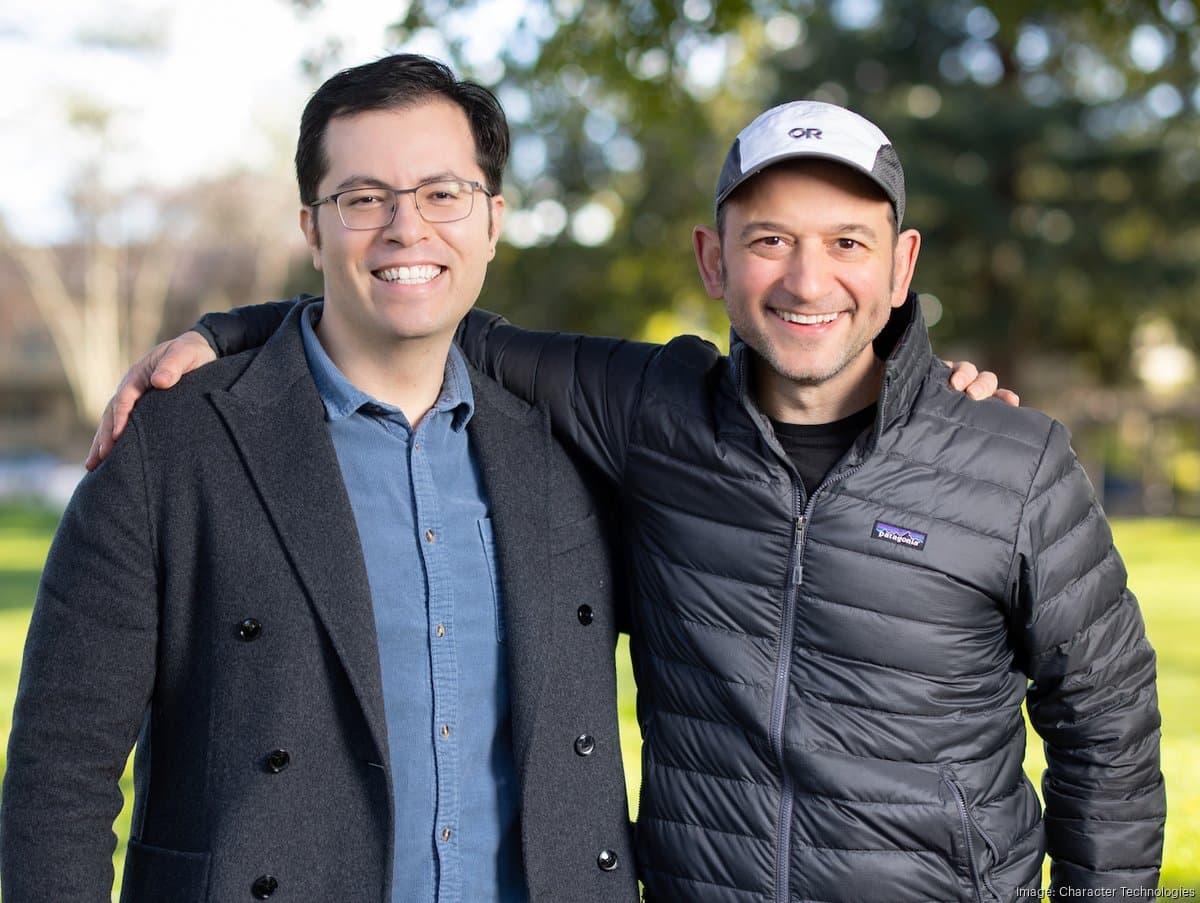Daniel de Freitas (Character.AI)

Overview
Daniel de Freitas is a notable figure in the field of artificial intelligence, particularly recognized as the co-founder of Character.AI, a chatbot service offering interactive AI-based characters for a variety of user engagements. Along with Noam Shazeer, de Freitas launched Character.AI in 2021 after departing Google, where they had worked on several pivotal AI projects. Character.AI rapidly grew to become one of the prominent platforms for AI-generated virtual characters, gaining widespread popularity for its innovative approach to AI interactions.
Recent Developments
Over the last two years, Daniel de Freitas and his creation, Character.AI, have been at the center of significant industry and legal developments:
- August 2024: Google entered into a major agreement with Character.AI, acquiring a non-exclusive license to use Character.AI’s language model technology. This arrangement led both de Freitas and his co-founder Shazeer to return to Google.
- October 2024: Character.AI faced lawsuits regarding allegations that its chatbots had encouraged harmful behaviors in teenagers, including a wrongful death suit in Florida following a teenager's suicide. The legal challenges have led to increased scrutiny and debates on AI's societal impact.
- January 2025: Character.AI pivoted towards enhancing its content moderation and implementing under-18 models to refine safety and regulatory compliance due to the increasing legal scrutiny.
- August 2025: Reports emerged that Character.AI was exploring a sale or seeking to raise additional capital due to rising operational costs and infrastructure demands necessary to maintain its AI systems.
Personal Information
| Attribute | Information |
|---|---|
| Full Name | Daniel de Freitas |
| Born | N/A |
| Nationality | N/A |
| Occupation | AI Developer, Entrepreneur |
| Known For | Co-founder of Character.AI |
| Net Worth | N/A |
| Education | N/A |
Early Life and Education
While specific details about Daniel de Freitas' early life are sparse, his professional journey is largely associated with his contributions to AI developments at Google. De Freitas and Shazeer were instrumental in the creation of the Meena chatbot at Google, laying the groundwork for advancements that would influence the wider adoption of AI chatbot technologies.
Career and Notable Achievements
Daniel de Freitas' career is marked by pivotal contributions to the development of large-scale AI models:
- Google (Pre-2021): De Freitas was part of Google's AI team, contributing to well-regarded projects such as Meena, a precursor to modern generative AI models.
- Character.AI (2021): Alongside Shazeer, de Freitas launched Character.AI, a platform that leverages AI to create customizable and interactive chatbot characters.
- Google Licensing Deal (2024): After successfully establishing Character.AI, de Freitas entered into a strategic licensing deal with Google, allowing further development and integration of AI technologies.
Current Work and Impact
De Freitas currently holds a key position at Character.AI but spends much of his professional time in strategic roles post-acquisition by Google. Character.AI remains a significant player in the AI landscape, owing largely to de Freitas' vision for scalable AI models that can be used in new and interactive ways. Despite regulatory and financial challenges, Character.AI continues to impact how AI interfaces operate in everyday lives, steering industry standards on AI safety and user engagement.
Conclusion
Daniel de Freitas has solidified his position as an influential figure within the artificial intelligence sector. His ability to innovate and transform AI technologies into consumer-facing applications continues to guide the evolution of AI interactions. Despite various challenges, including legal scrutiny and operational costs, his leadership in AI development is likely to have lasting impressions on future AI advancements, especially in the context of safe and responsible AI practices.
References
- Character.AI in Talks to Sell or Raise Money, a Year After Founders Depart
- Google & Character.AI Deal Faces Antitrust Probe
- Character.AI Explores Sale or New Funding Amid Rising Costs
- MLex Article on Character AI Legal Challenges
- Character.AI in Talks to Sell or Raise New Funding
- Business of Apps: Character.ai Revenue and Usage Statistics (2025)
- Character.ai on Wikipedia
- Character.AI’s New CEO on AI Safety and Monetization
- Character.AI co-founders argue they don't belong in Florida lawsuit over teen's suicide
- Reddit on Daniel de Freitas and Noam Shazeer